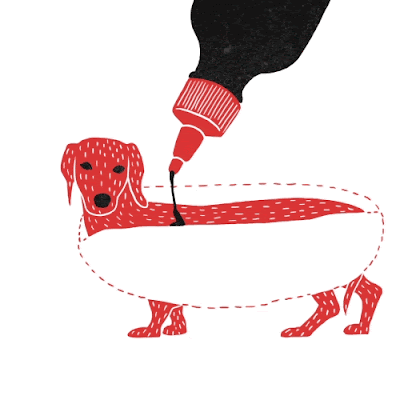Scientific American又來了!第六次大滅絕,地球人是罪魁禍首。
Biodiversity Survives Extinctions for
Now
A meta-analysis of ecosystems finds that species losses
in any given place do not yet translate to large changes in the number of
different species in that place. David Biello reports
We are living during what seem
to be the opening stages of the sixth mass extinction第六次大滅絕 in our planet's 4.5 billion year history. Species of birds,
fish, mammals
and plants are disappearing at speeds rarely experienced, thanks in
large part to 因為human activities:
pollution, climate change, habitat
destruction and other damage. But extinction
apparently does not mean less biodiversity—at least not yet.
A new look at ecosystems from the poles南北極 to the tropics熱帶地區 shows that losses in the number of species in any given place do not yet translate to large changes in the overall number of different species there. The study is in the journal Science.
A new look at ecosystems from the poles南北極 to the tropics熱帶地區 shows that losses in the number of species in any given place do not yet translate to large changes in the overall number of different species there. The study is in the journal Science.
The researchers analyzed 100 surveys that followed
more than 35,000
different species over various lengths of time. These long-term
studies found that the number of different species in, say, a coral reef珊瑚礁 remains relatively constant.
Because the loss of a species, either locally在地的/當地的 or
entirely, is often balanced
by被…平衡 the arrival of a new species.
The meta-analysis在…之後showed that 40 percent of places had more species present, 40 percent had less and 20 percent were unchanged. In other words, the ecosystems of the current Anthropocene era人類紀 are transformed, but just as diverse—so far anyway. We are living in a world of novel全新的 ecosystems.
—David Biello
The meta-analysis在…之後showed that 40 percent of places had more species present, 40 percent had less and 20 percent were unchanged. In other words, the ecosystems of the current Anthropocene era人類紀 are transformed, but just as diverse—so far anyway. We are living in a world of novel全新的 ecosystems.
—David Biello












留言
張貼留言